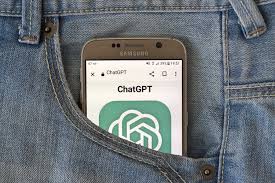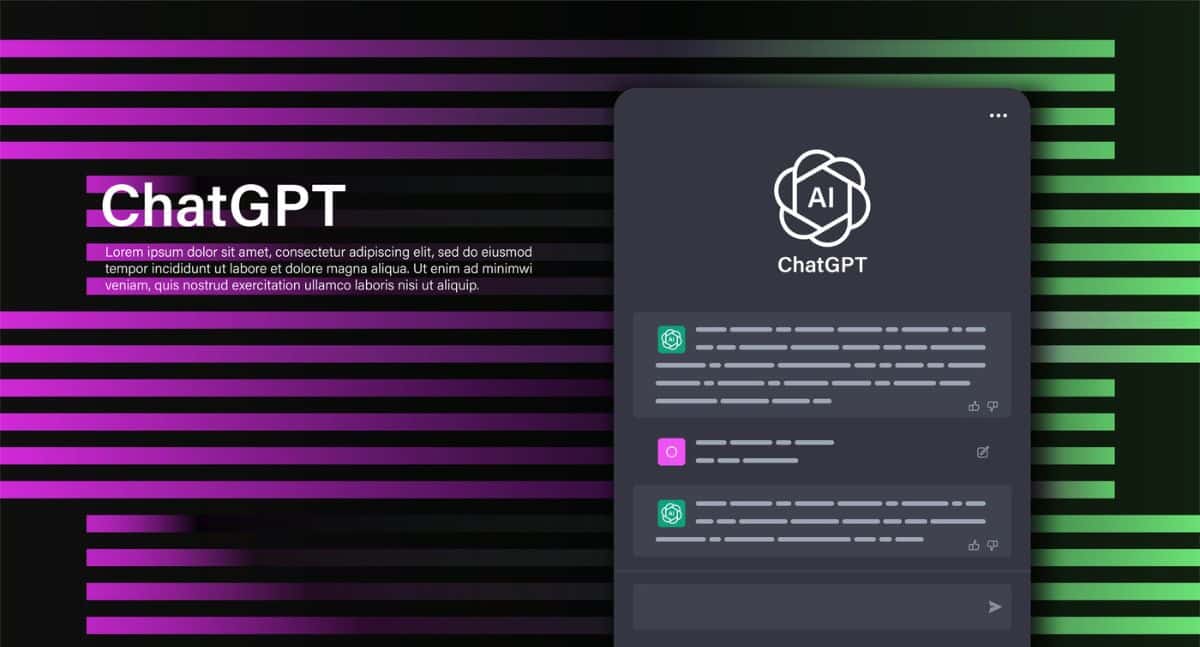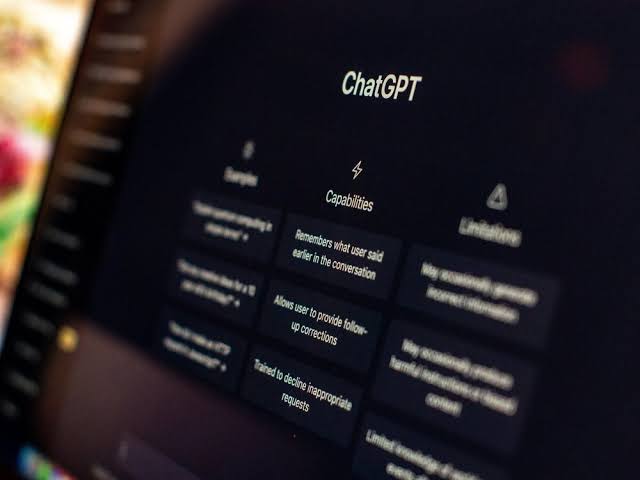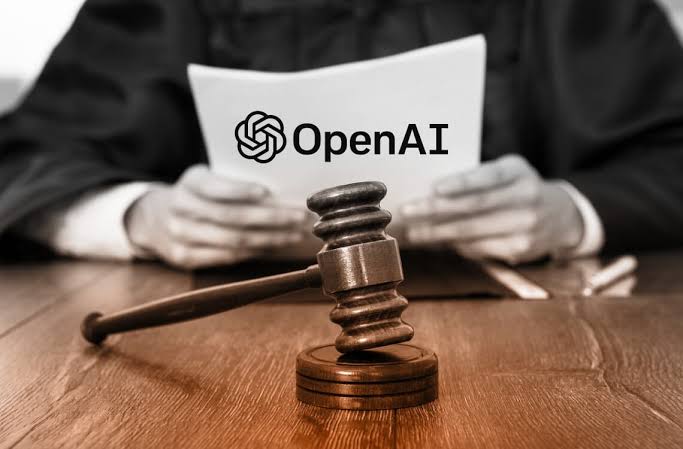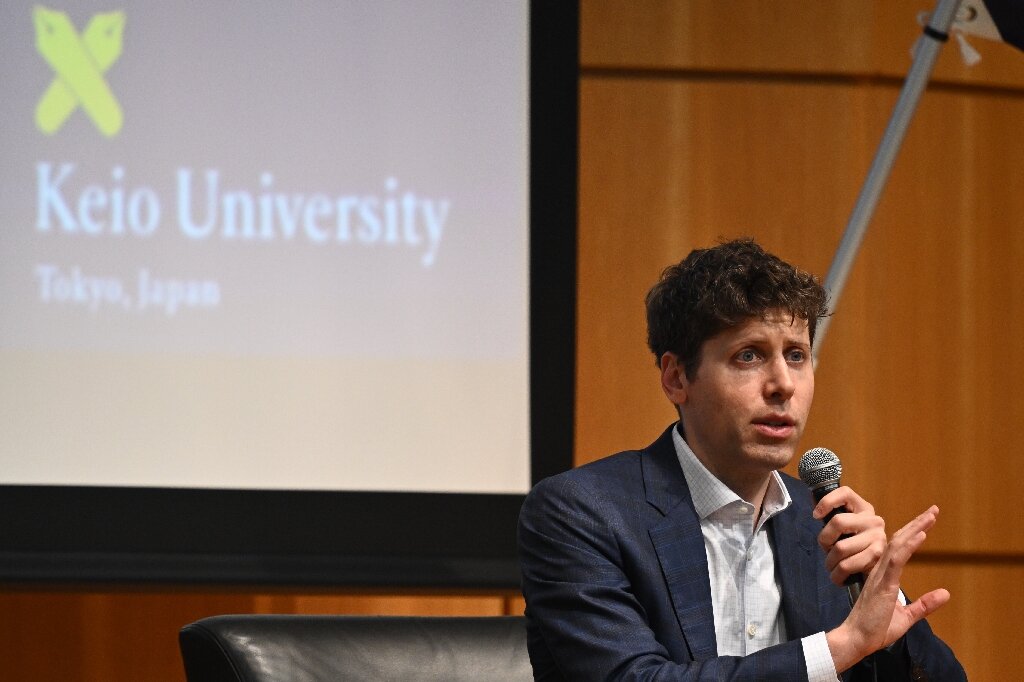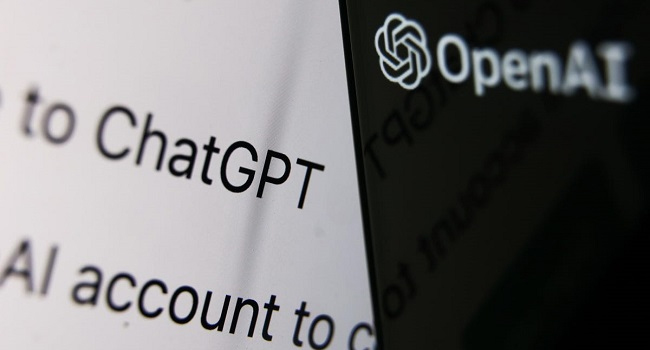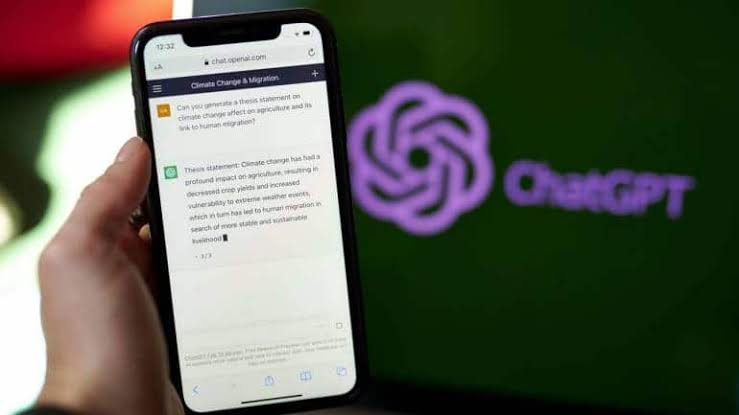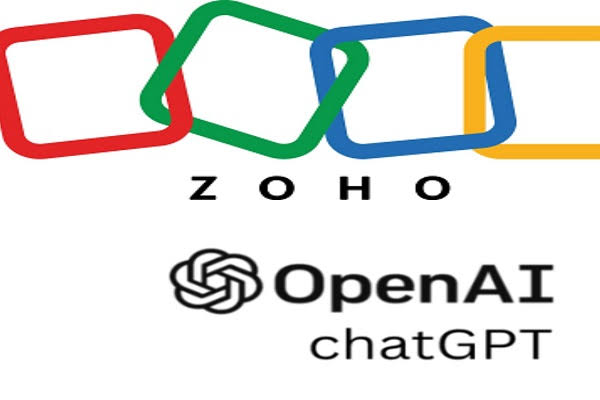A world leader in technology, Zoho Corporation, said it would start putting its plans into action and keep investing in AI with the release of 13 Zoho application extensions and integrations that use generative AI and are driven by ChatGPT.
The AI strategy that is being made includes the growth of platforms and a plan for new ideas. The main goal is to give customers a better experience and more value while protecting their privacy and security at the greatest level.
Since 2000, the tech company has made software that runs in the cloud and added artificial intelligence (Zia) to all of its goods.
Kehinde Ogundare, the company’s Country Manager, said that adding ChatGPT to the company’s Homegrown features will give customers a much-needed safe and efficient experience. He also said what he hoped for the business and its goods in the future.
“The combination of ChatGPT’s generative AI with our own homegrown AI features will give users a more intuitive, efficient, and secure experience. This is in line with Zoho’s strong culture of putting research and development first.”
“As Zoho’s technology partner, Zoho’s customers continue to count on us to keep them on the cutting edge while still respecting core values like privacy.” “We will keep this promise without giving anything up,” said Ogundare.
Read also: Microsoft expands Bing capabilities with updated AI
Three rules of Zoho AI:
Customer Experience: AI systems provide the context, intelligence, and efficiency that is needed for a great customer experience. Zia improves customer records, makes papers, gives process insights, and predicts and gets ready for user problems before they happen.
Privacy for customers: The company’s own AI gives customers better privacy protection that works well with their tech platforms. The company’s AI add-ons add intelligence without putting client data at risk or giving it to a third party that can’t be trusted.
Customer Value: The company gives customers value in terms of customer productivity, ease of use, pricing, useful key performance indicators (KPIs), and access to AI.
AI Strategy
The IT company will soon combine Zia with information from third parties, giving its business solutions the latest technology. The company wants to bring generative AI technology in-house so that its 90 million people can have smarter experiences and get the best value and privacy standards.
The company is also making its own Learning Language Models (LLMs) that can talk to each other, summarise, paraphrase, and adapt to new jobs with zero-shot learning. This makes it possible for AI to be used for communication and finding information.
The creative AI from Zoho
Zoho’s marketplace has ChatGPT-powered generative AI apps that add to the company’s AI technology. Users can start using this context-aware technology right away:
With Generative AI, Zoho CRM can collect important client data, predict deal outcomes, make unique emails and layouts, and check for grammar mistakes.
Zoho Analytics with Generative AI lets users combine public datasets with business data and write SQL searches using natural language.
Zoho Desk with Generative AI sums up tickets, studies the tone of the client, makes answers from the knowledge base, and finds solutions.
Zoho Writer with Generative AI offers headlines and punctuation shortens content, and answers user questions.
Zoho Mail with Generative AI makes multiple versions of an email, notes things that need to be done, and makes summaries of emails.
Zoho Cliq’s “generative AI” rewrites, summarises, and shortens answers.
Zoho Social’s “generative AI” makes interesting content, suggests related media, and optimises postings.
With generative AI, Zoho Assist makes reports that can be shared and improves customer service.
Zoho LandingPage with Generative AI makes landing pages for each product that include forms, customising, SEO, and migration.
With Generative AI, Zoho SalesIQ can record, tag, rate, and use Zobot ChatGPT Block.
With Zoo Blue Pencil, Zoho Notebook with Generative AI can automatically sort, summarise, make checklists, and give advice on grammar and writing.
With creative AI, Zoho DataPrep finds external datasets and makes suggestions for formulas.
With the help of Generative AI, Zoho Meeting can index session recordings and make powerful keynotes.
Slack unveils three AI tools to transform the work experience
Price and amount
By default, the Zoho Marketplace has ChatGPT-powered connections and Zia. Customers of Zoho can turn on creative AI with their OpenAI account API key.
OpenAI charges customers based on how much they use the API. Zoho will often add new extensions and features that use generative AI.
Zoho Privacy Pledge
The biggest internet company in the world cares about customer privacy and doesn’t put ads on any of its goods, even the ones that are free.
In its data centres, the company has power over data, privacy, and security. Over 90 million people use the site to run their businesses, including Zoho.
